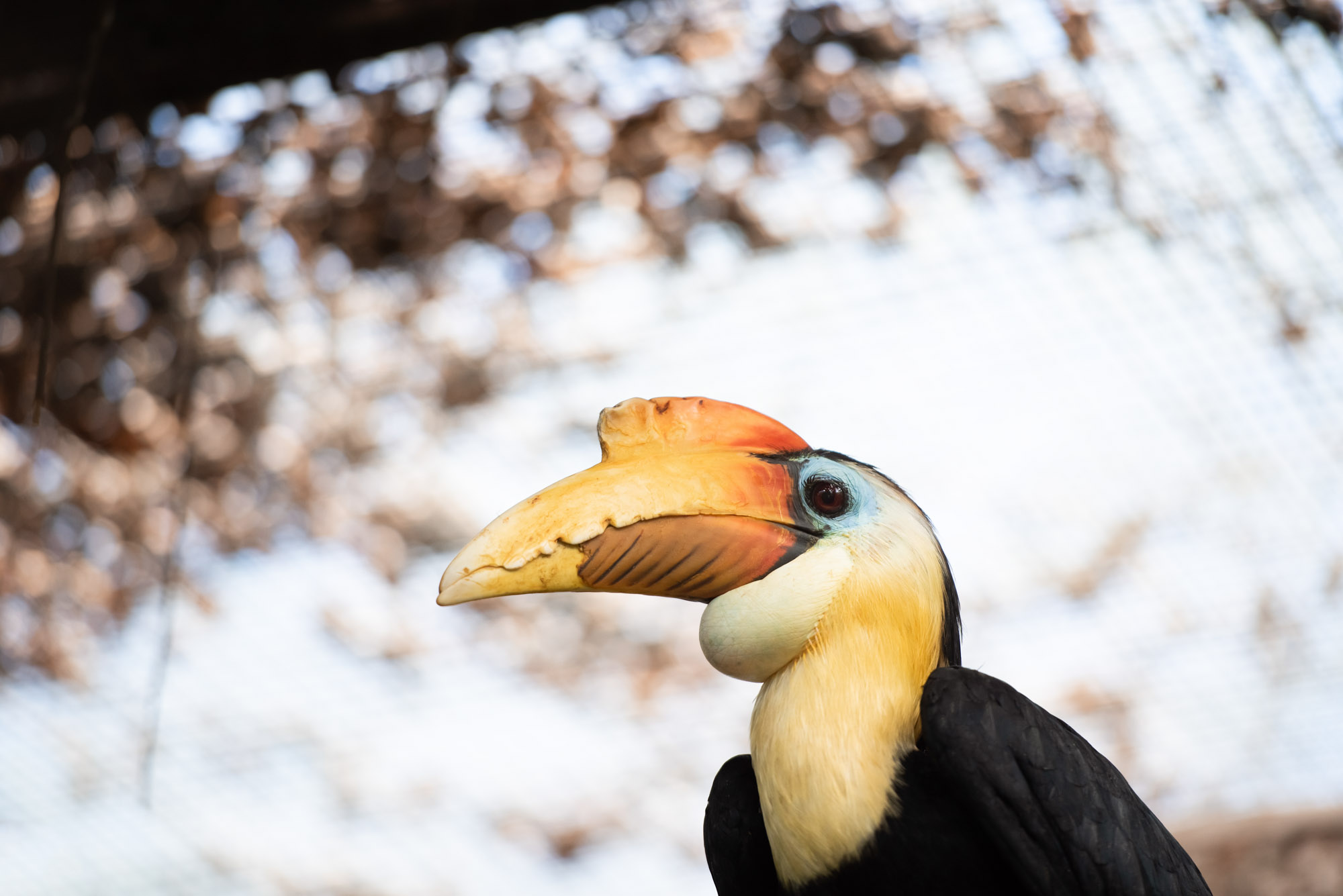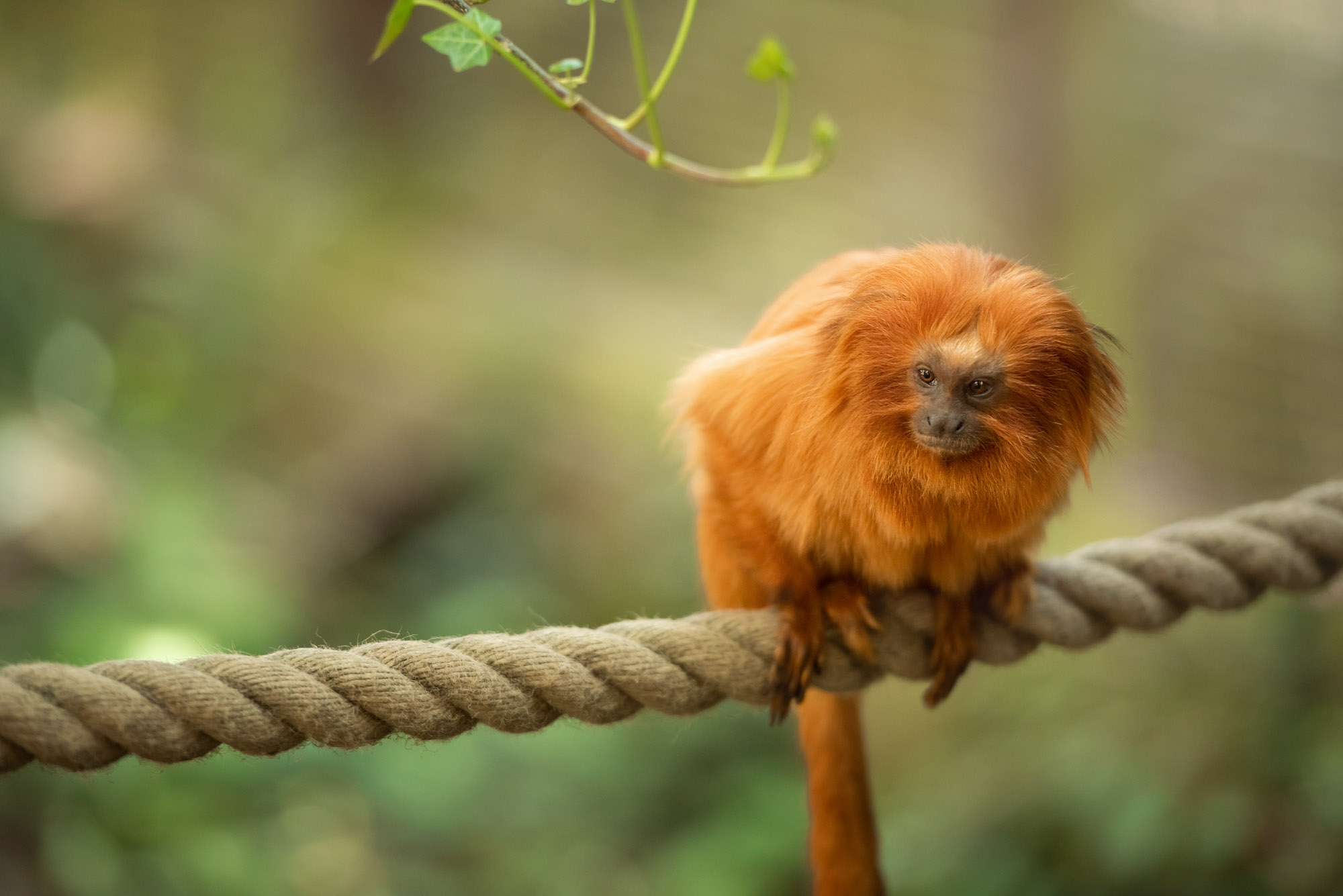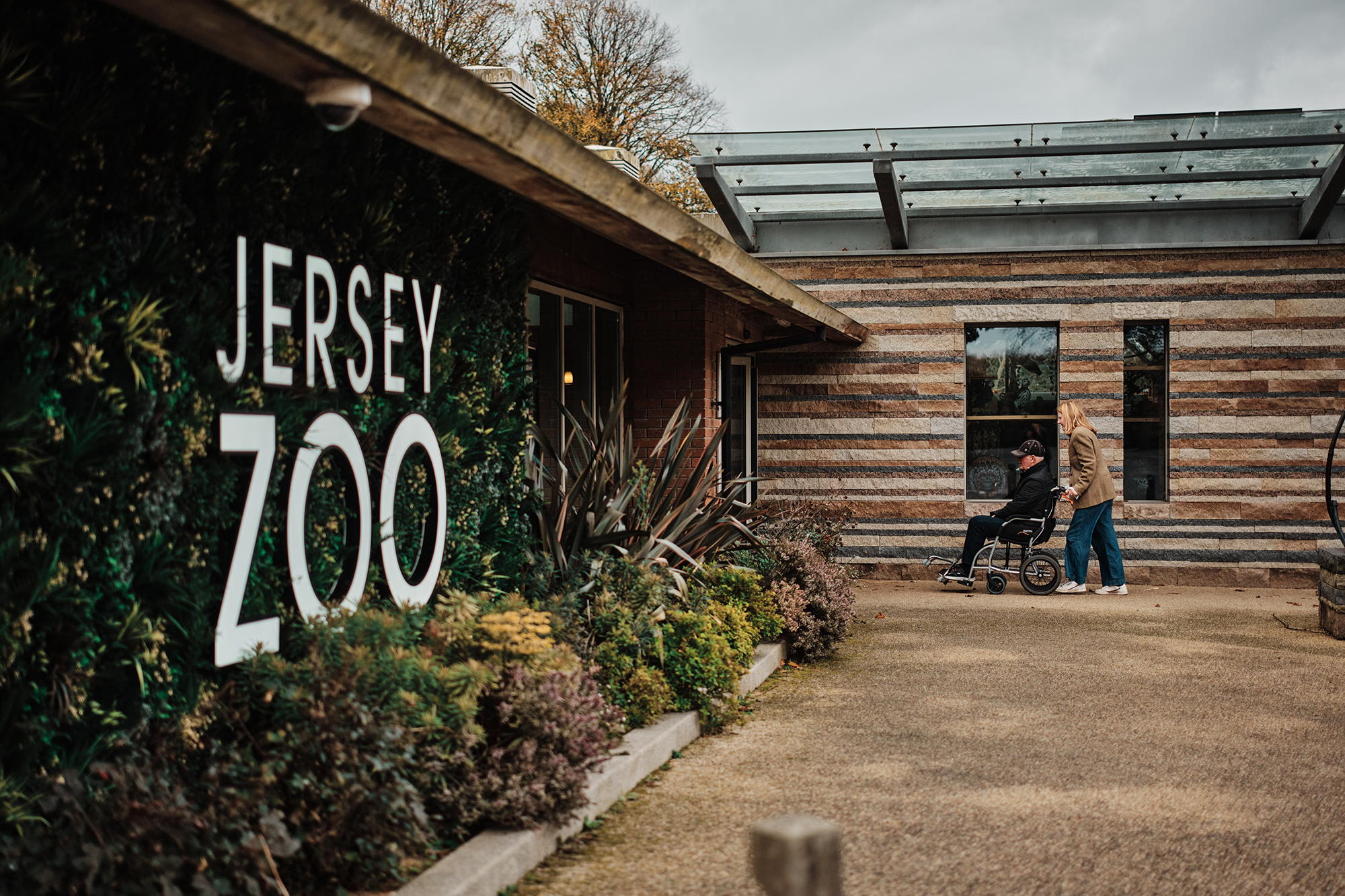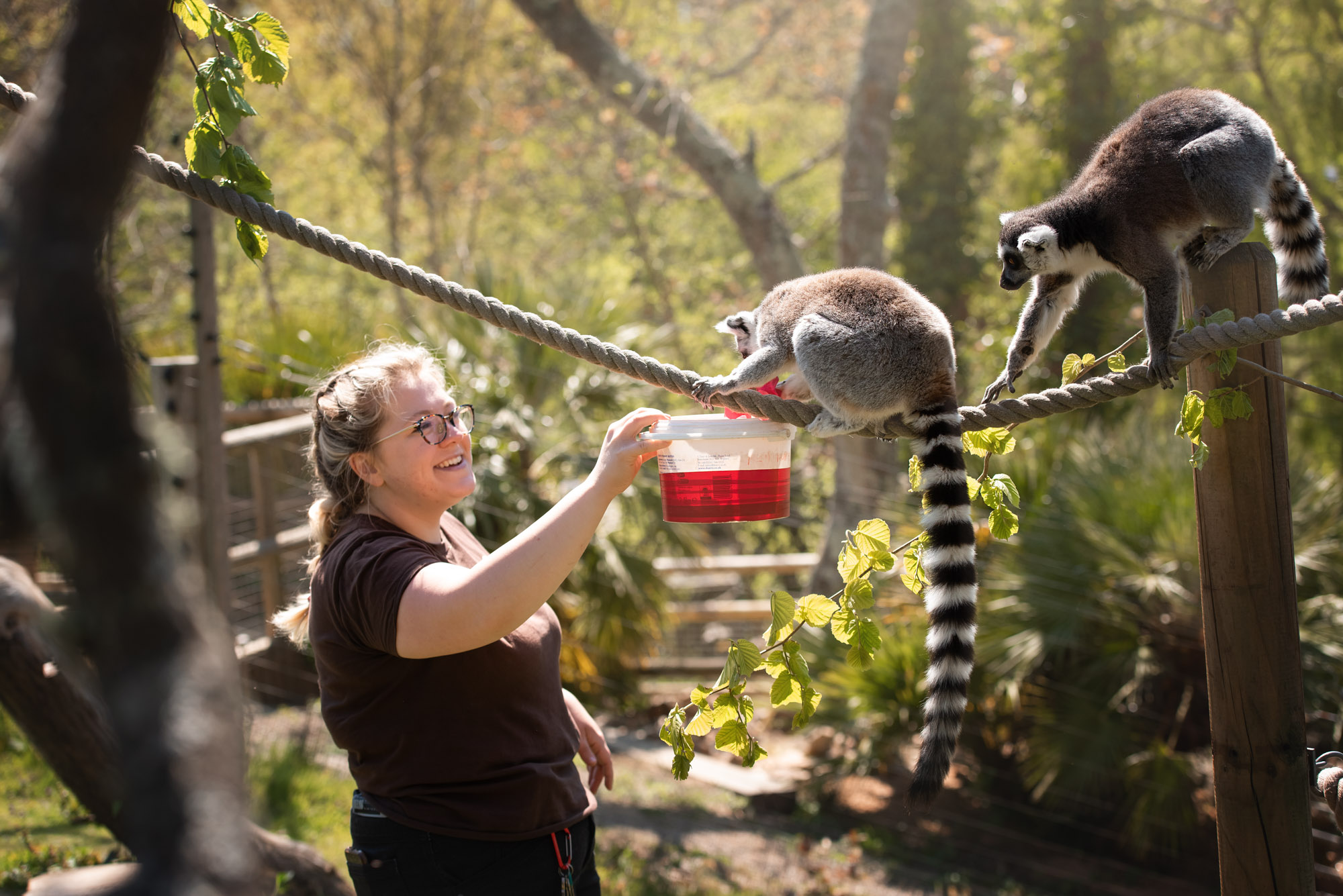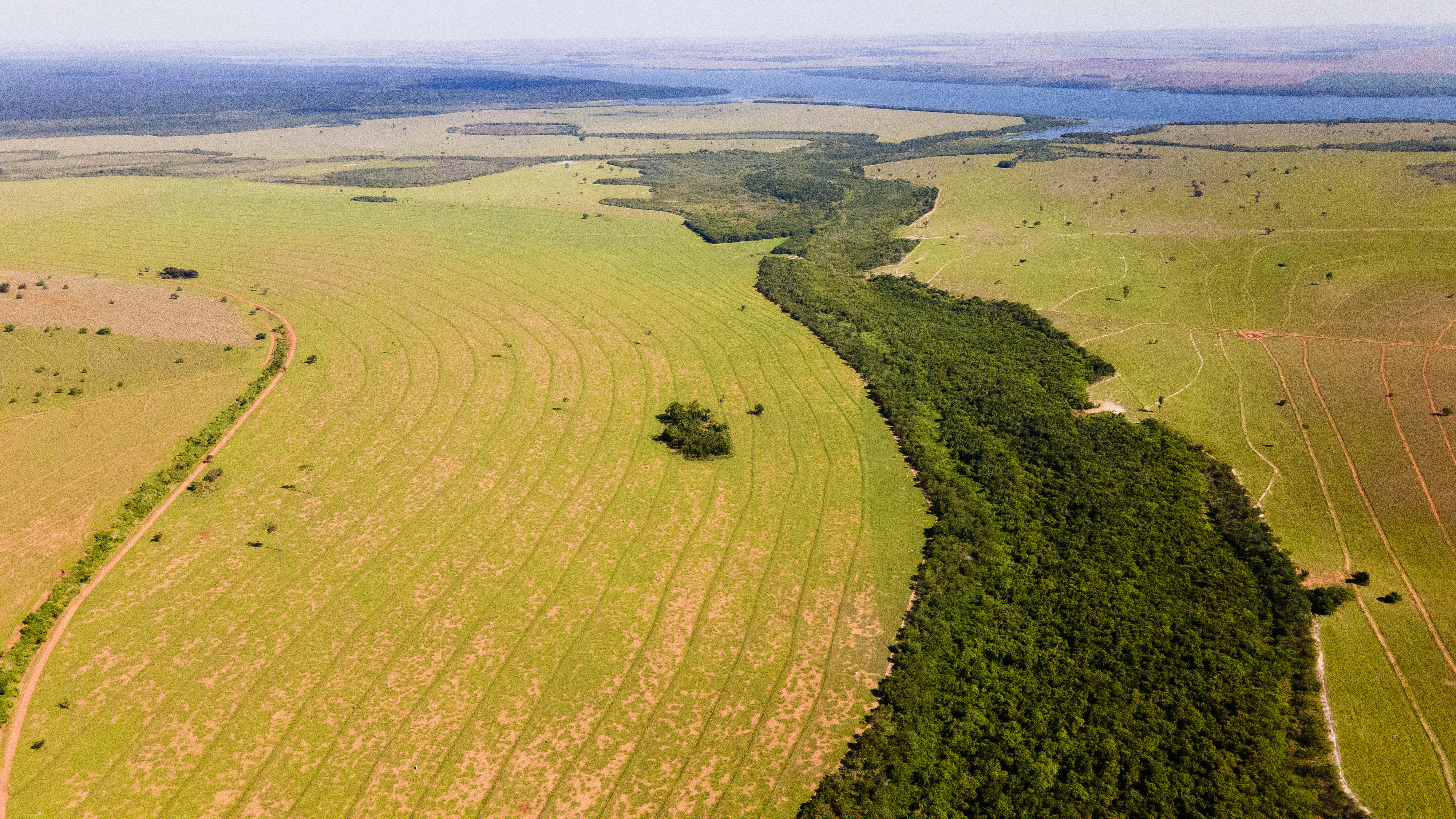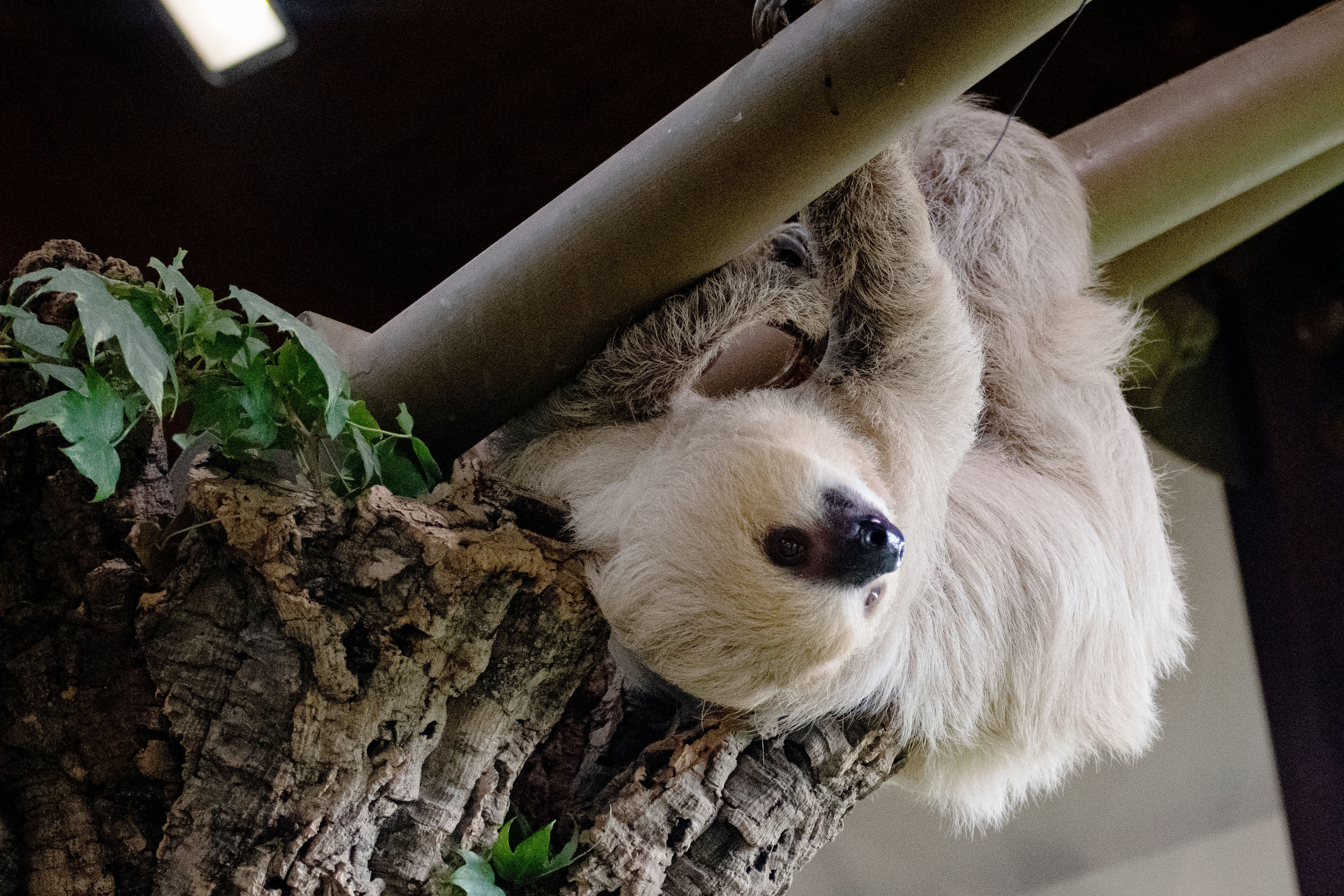The relationship between biodiversity and people is deeply intertwined.
Saving species from extinction in their natural habitat almost always means securing the futures of people whose lives depend on those habitats. Growing populations and global interests are rapidly using up our natural resources faster than they can be replenished, and this loss is felt most by local and indigenous peoples who rely on natural resources for their daily survival.
Durrell work closely with the communities in and around the areas where we deliver conservation work, particularly in Madagascar and India, to empower community members and support resilient and sustainable livelihoods.
3,829+
farmers enrolled in Farmer Field Schools
1,030+
hectares brough into Climate Smart Agriculture cultivation
3,820+
women supported to access family planning services
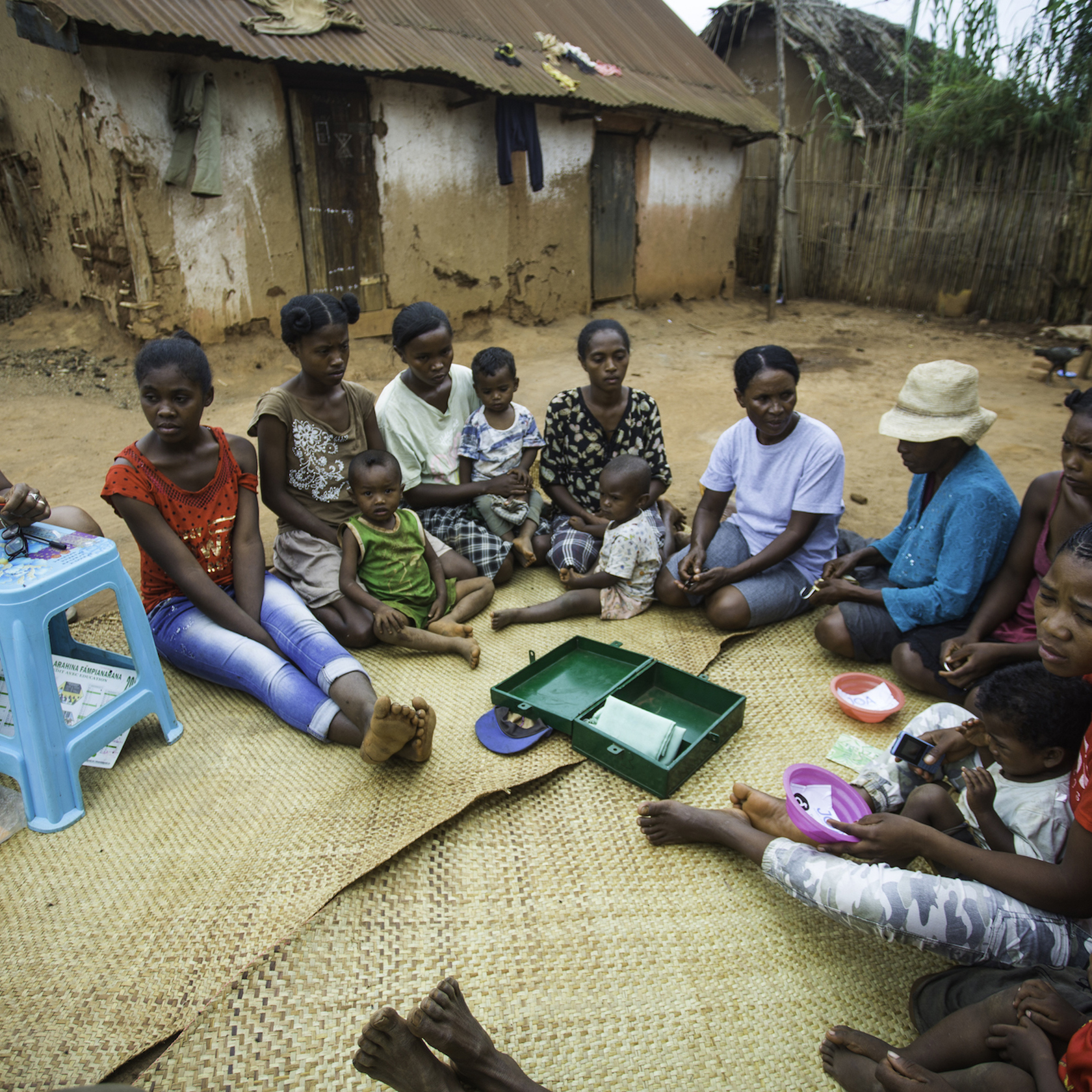
Improving wellbeing for nature-dependent communities
In Madagascar, our work centres around four key principles:
- Food security
- Financial inclusion
- Family planning and reproductive health
- Good governance
Livelihood activities are implemented across five different areas of Madagascar: Baly Bay, Alaotra, Lake Sofia, Menabe and Ambondrobe.
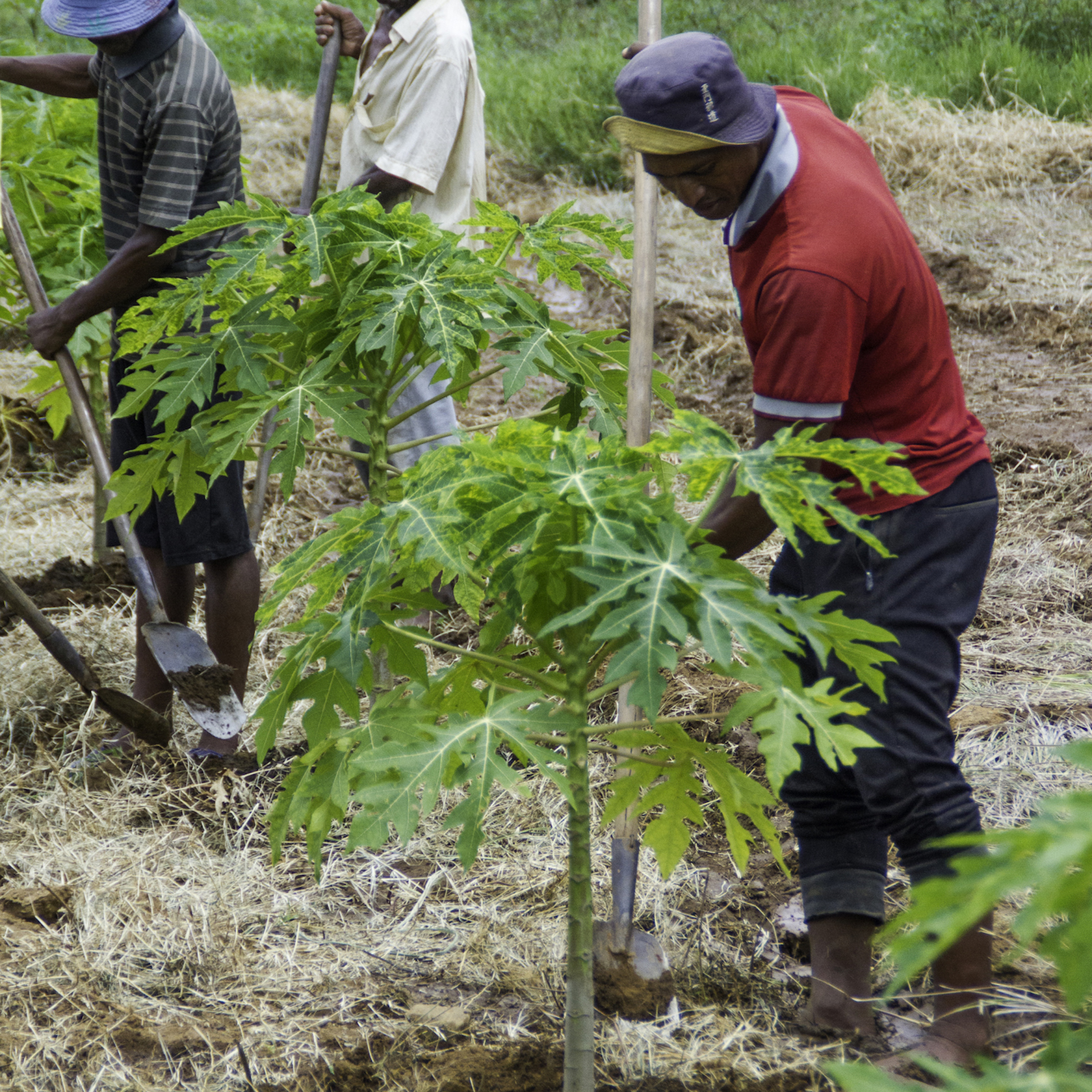
Enabling Change
Supported by Jersey Overseas Aid (JOA), Enabling Change was a five-year programme with the aim of enhancing the wellbeing of nature-dependent households. From 2018 to 2023, the programme reached around 28,000 people in 20 communities across three of our target regions.
In 2023, the next five-year programme was launched, with continued support from JOA. The scaled-up programme, VAtsy Loharano lombonana HAmpandrosoana (VALIHA), which means “Resources for the wellbeing of people and nature to achieve development” in Malagasy. VALIHA will reach an extra 10,000 people in 18 additional communities across the three regions, whilst continuing to support 14,000 people involved in Enabling Change.
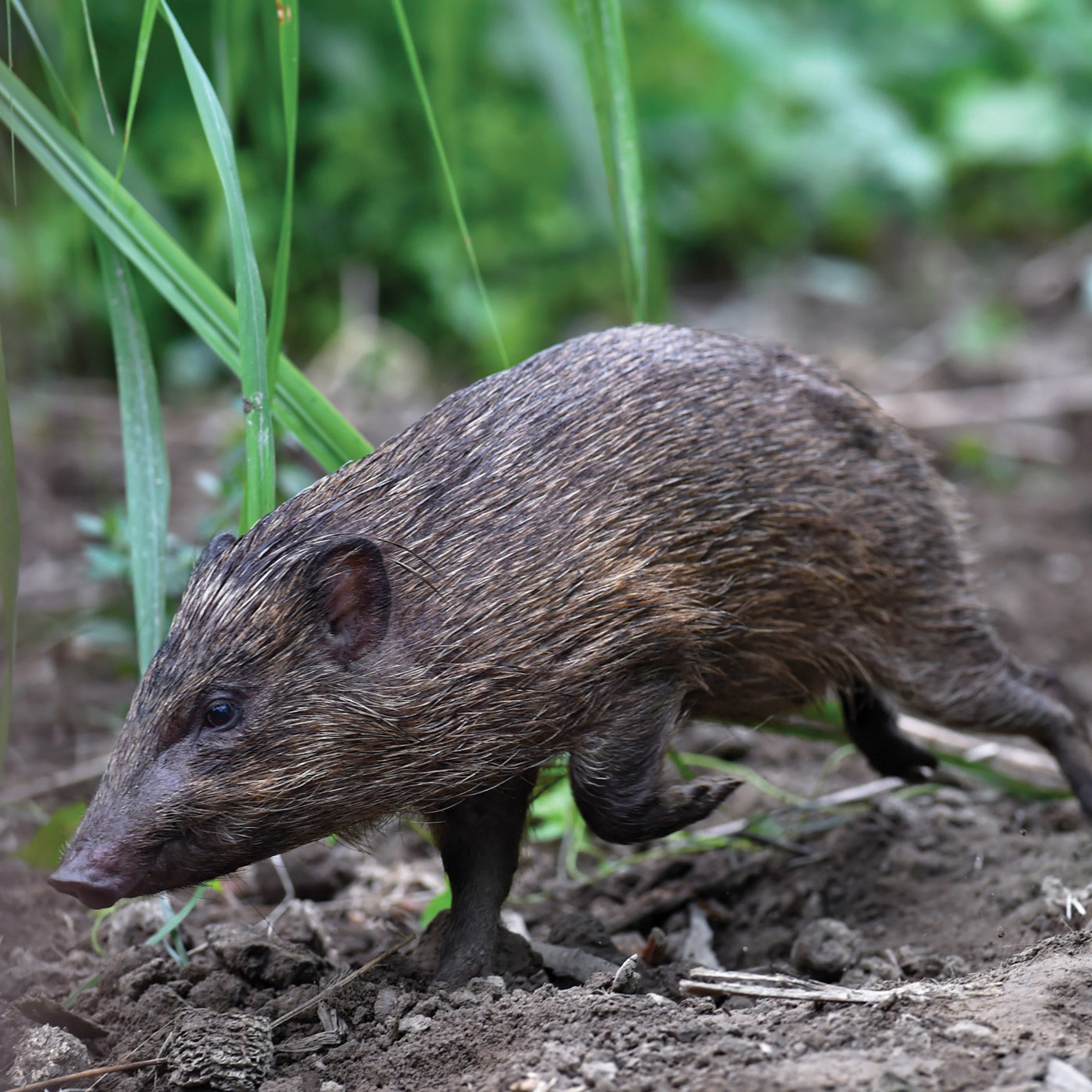
Supporting grassland species through sustainable livelihoods
Manas National Park in Assam, India, is is home to the rarest pig in the world, the pygmy hog. Bordering the National Park are seventeen villages, with approximately 3,500 people.
Collecting leafy vegetables, thatch, firewood and fish, and grazing livestock are daily activities for many members of the local communities surrounding Manas. However, these activities are also disturbing to the sensitive grassland species found within the National Park, including the pygmy hog. To reduce the need to collect the grassland and forest products from Manas, we are working with communities to develop and support income generating activities to increase financial and nutritional security. These activities are community-driven, building on existing cultural and social motivations, whilst supporting the recovery of the pygmy hog and other grassland-dependent species.
What we're doing to help
Partners
Jersey Overseas Aid, Aaranyak, Biodiverse Landscapes Fund, Marie Stopes Madagascar, Wildfowl & Wetlands Trust, Government of Madagascar, MIHARI, GDSM, Aloatra Rano Soa

